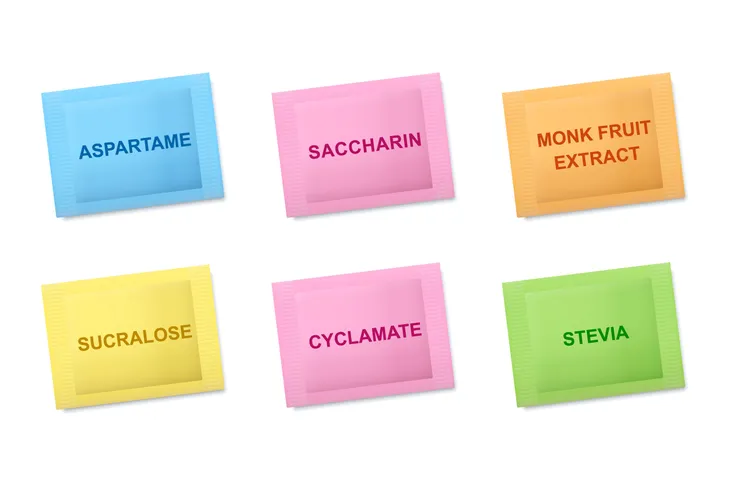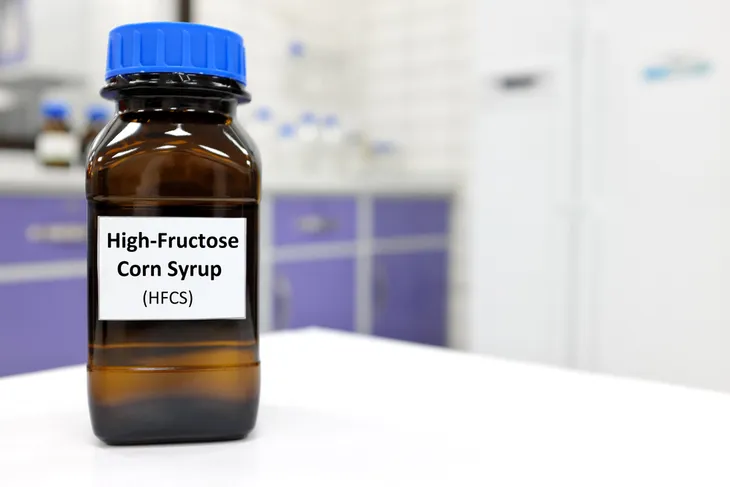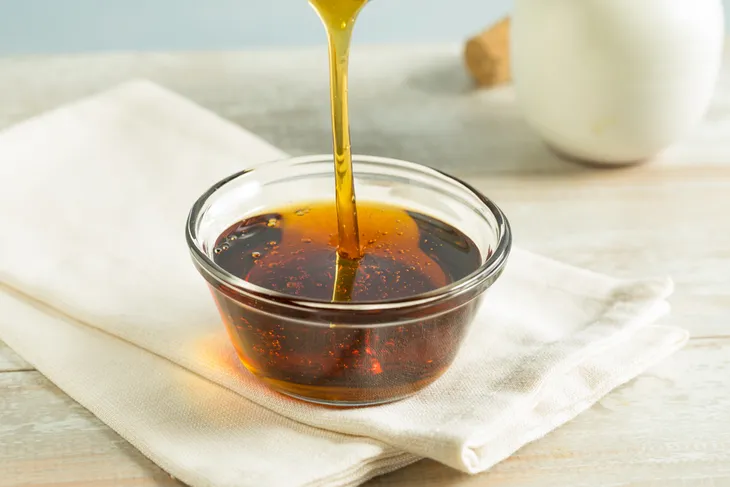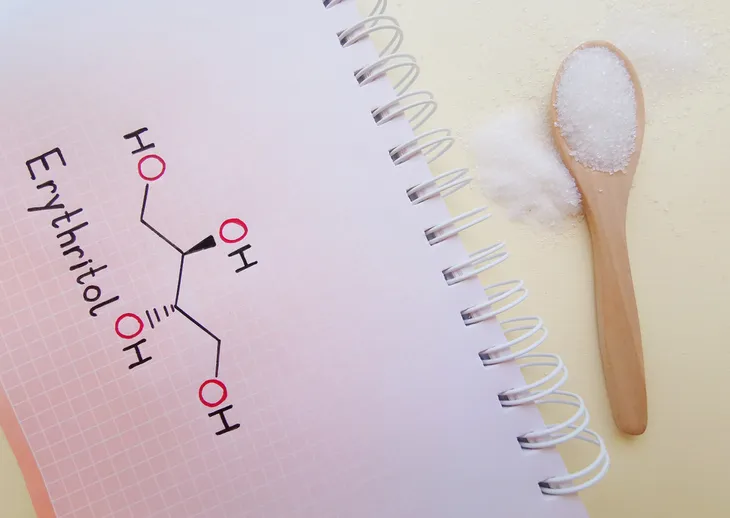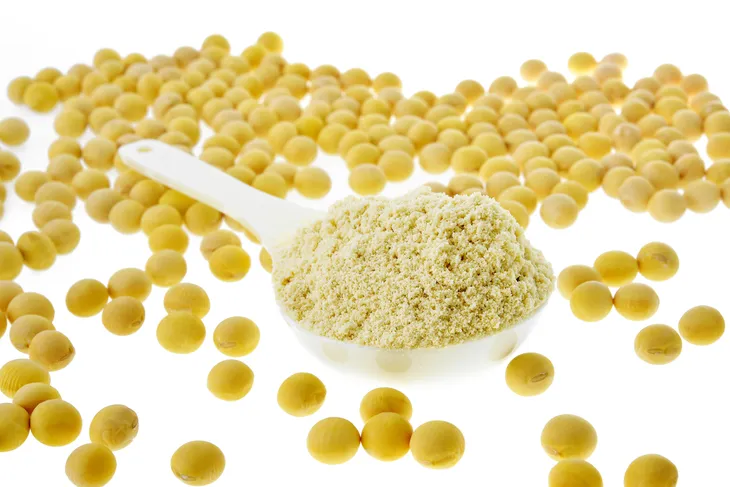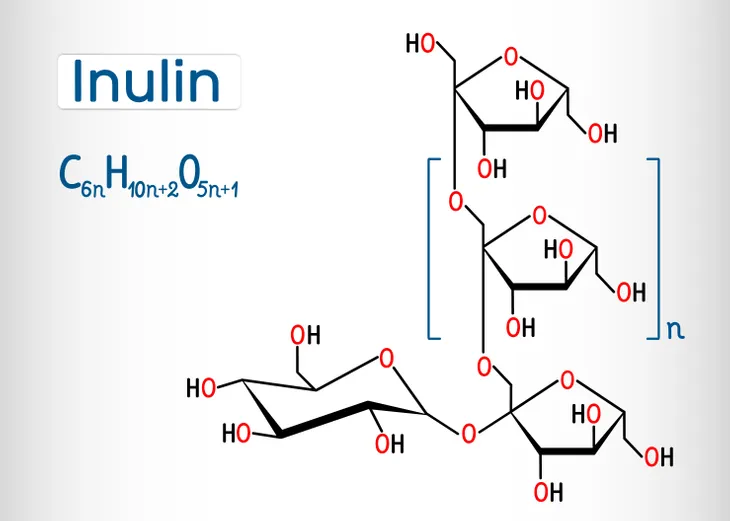Energy and protein bars are meant to provide a quick snack or meal replacement when you’re on the go. However, the question remains—how healthy are they? One quick way to decipher what’s in your energy bar is to look at the ingredient label for things like sugar substitutes, fillers, and emulsifiers that can mess with your blood sugar balance, cause gas and indigestion, and even pose a sneaky source of weight gain.
Let’s take a look at six less than appetizing ingredients in store-bought energy bars…
Sucralose
Sucralose is a common ingredient in energy and protein bars. But buyer beware—even the artificial sweet stuff might promise “zero calories” it causes blood sugar to spike dangerously high and often leads to carbohydrate binding to satisfy the need for what’s often considered sweet speed.
Look for sucralose on labels under its name as well as the brand name “Splenda.” Just know that the artificial sweetener has been found to several damaging biological effects—including a decrease in healthy gut bacteria, weight gain, disruption of a hormone produced to regulate glucose in the blood, and even contribute to the development of type 2 diabetes and heart disease, according to a study out of North Carolina State University, which was published in the Journal of Toxicology and Environmental Health.
High-Fructose Corn Syrup
High-fructose corn syrup, or HFCS, has long been linked to weight gain, particularly causing an increase in abdominal fat. Sadly, most store-bought energy bars contain HFCS.
Psychology researchers from Princeton University who specialize in specialize in the neuroscience of appetite, weight, and sugar addiction claim that rather than act as an appetite suppressant (by telling the brain the stomach is full), this chemically developed sweetener caused male lab rats to balloon in size—they packed on 48-percent more weight than lab rats fed standard diets.
Agave Syrup
Just because agave syrup comes from a plant (the blue agave) doesn’t mean you can consume as much as you’d like without consequences. This highly refined sugar is far from a natural sweetener. Adding up to approximately 60 calories per tablespoon (there are 40 calories per tablespoon in the same serving of white sugar), the American Diabetes Association puts a limit on agave just like they do on table sugar.
In fact, agave is highly processed and high in fructose before it’s added to energy bars. That’s why it’s been linked to all sorts of chronic diseases—including fatty liver disease, type 2 diabetes, and obesity. The high fructose content of agave can affect leptin production, a hormone that controls appetite cravings and satiety (tells the brain you’re full).
Sugar Alcohols
Sugar alcohols are sneaky when it comes to their inclusion in processed products, like energy and protein bars. Why? Because they’re often not listed as “sugar alcohols” on labels, but rather under names such as sorbitol, isomalt, maltitol, xylitol, lactitol, mannitol, hydrogenated starch hydrolysates (HSH), and erythritol.
Even though sugar alcohols like these contain far less calories than sugar itself, diabetes educators at the University of California, San Francisco, warn that consuming them often causes an upset stomach as well as flatulence, diarrhea, painful gas cramps, and bloating.
Soy Protein Isolate
Soy protein isolate, or SPI, is really nothing more than “soy junk,” according to New York-based registered dietician and author Lauren Slayton. What she means is that not all soy protein is created equally. While some soy proteins are high in amino acids and vegetable-based proteins, the soy in SPI is isolated.
This leaves the SPI in your energy bar rife with several neurotoxins (i.e., aluminum and hexane) and trypsin inhibitors, which are tied to all sorts of digestive troubles—including poor digestion, gas, bloating, and abdominal cramps. Not to mention the fact that the U.S. Department of Agriculture (USDA) estimates that 90-percent of all soy is genetically modified.
Inulin
If you suffer from gas, stomach cramps, and diarrhea following the scarfing down of an energy bar—chances are it’s thanks to a soluble fiber additive known as inulin. While inulin is a naturally occurring digestive aid in fresh produce like artichokes, bananas, asparagus, and onions, it can be troublesome to the tummy when used as a fiber additive.
The inulin added to your protein bar in high amounts is extracted from chicory root in order to boost fibrous content. While it’s tough to overeat fiber in fresh foods, Joanne Slavin, a registered dietitian and food scientist at the University of Minnesota, St. Paul, says that too much inulin in processed foods can cause serious and uncomfortable gastrointestinal issues.

